Parents in Highland Park ISD have once again pressured the district to omit The Working Poor from the school’s list of acceptable reads. In the fall, Highland Park ISD banned seven books from classroom reading after the books were criticized by a number of parents. While the ban was temporary and the books were soon reinstated only with extra caution and parent permission slips, the decision drew national attention and led the district to question book selection and appropriate school issues.
“I can totally understand the conflict that comes up,” Principal Chris Mayfield said. “Because certainly communities have levels of acceptance around certain topics and when you’re in a conservative community, people can have a much different perspective on what books are appropriate than communities that are less conservative. There really is a balance between school and community that you have to take into account.”
Parents that oppose the reading of The Working Poor by Pulitzer Prize winning author David Shipler cite abortion and sexual abuse as topics that make the book inappropriate for students. University Park parent Meg Bakich stated for a conservative online talk show that The Working Poor is a “socialist, Marxist book” that undermines American values.
“The Working Poor is not a great work of literature or an example of rich writing we want our students to emulate,” an unnamed Highland Park parent complaint read in Dallas News. “One must ask, is this the best piece of literature our students can read to learn to write?”
While parent criticisms are being considered by the HP Board of Trustees, other parents, like members of HP Kids Read, believe that the literature in question “prepares [students] for the greater world around us.” These parents are disappointed that the district, which is one of the wealthiest in the state, would challenge a book on poverty.
“I understand any parent has a right to their own views and what they want for their child, but the decision to challenge this book in particular embarrasses me,” president of HP Kids Read and high school parent Natalie Davis said to Dallas News. “You can’t change nonfiction to make it more palatable and you cannot find literature that depicts that side of America without those ugly depictions.”
Shipler has argued that while there was nothing “obscene or sexually explicit,” in the nonfiction book, any mature content was pertinent to the message on poverty.
“My experience with high school kids these days—and I’ve done a lot of speaking at schools—is youngsters are generally mature enough to read about very troubling situations and learn a good deal from the reading, especially in the context of a class,” he said to Dallas News. “They are not damaged by it at all. In fact, they may be helped by reading about it.”
Often, difficult decisions have to be made by teachers, who go through extensive processes to decide what is acceptable and how books should be used.
“A lot of determination comes from the teachers of those content,” Mayfield said. “Because if you’re an AP teacher, or even a pre-AP teacher, there are classics, which a lot of times we have kids read, but for some people, the classics are not something that their kiddos need to read yet, because it’s not age-appropriate.”
The Scarlett Letter, written by Nathaniel Hawthorne in 1850, is included on the list of books that now can only be read with a signed parent permission slip. An English-class standard, the classic is read by juniors in AP Language and Composition at many schools, including Lovejoy, without a need for permission.
“Very rarely does this sort of thing happen,” AP English teacher Jasen Eairheart said. “In my class, we really look at arguments, and how they’re crafted, and you can agree or you can disagree with what’s presented. But this book is 200 years old.”
As a junior in high school, Eairheart was confronted with the controversy that surrounds books with sexual content when his teacher chose to omit The Scarlet Letter from the reading list because a student was pregnant.
“I guess I could see some connection for not wanting to talk about an unwed mother or a child being born out of wedlock,” Eairheart said. “But at the same time, I’m like, wait a minute, somebody else’s decisions impact my education? We didn’t read a book all year. My education was impacted by the actions of somebody else that had no pertinence to me whatsoever.”
Jeanette Walls’ The Glass Castle, a memoir, is another book that now requires a permission slip. Like Shipler, Walls has defended her book. She is also the keynote speaker for Highland Park’s February literary festival.
“My book has ugly elements to it, but it’s about hope and resilience, and I don’t know why that wouldn’t be an important message,” Walls said. “Sometimes you have to walk through the muck to get to the message.”
While few school districts have received national attention for book controversy, the issue has brought up issues of balance between parents and the education of their students.
“In the things that we do here, we always try to filter through our community, because there are things that our community has expectations of at the high school,” Mayfield said. “For their students, this is the experience that they want to ensure kids have. So even very simple things, we really try to think about- what’s the community expectation, how do they feel about this in general- because this is the education their kids are getting.”
With permission slips and choice-reading projects, teachers can often avoid parent opposition to mature book content. However, with or without alternatives, book topics continue to be a source of controversy in Highland Park that neighboring districts take into consideration.
“It’s all in how you present it,” Eairheart said. “What are you going to use it for, how is it going to be beneficial? And I would think, if I didn’t have those answers, then I wouldn’t use the book.”




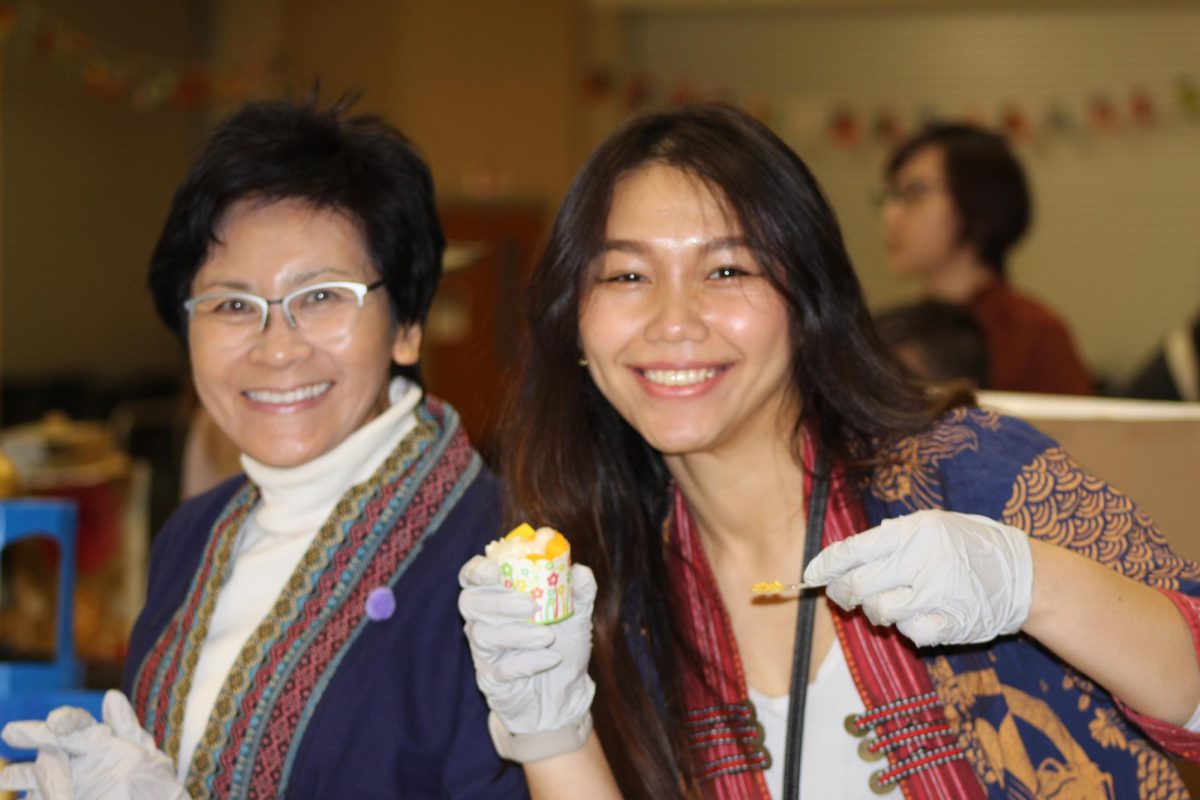
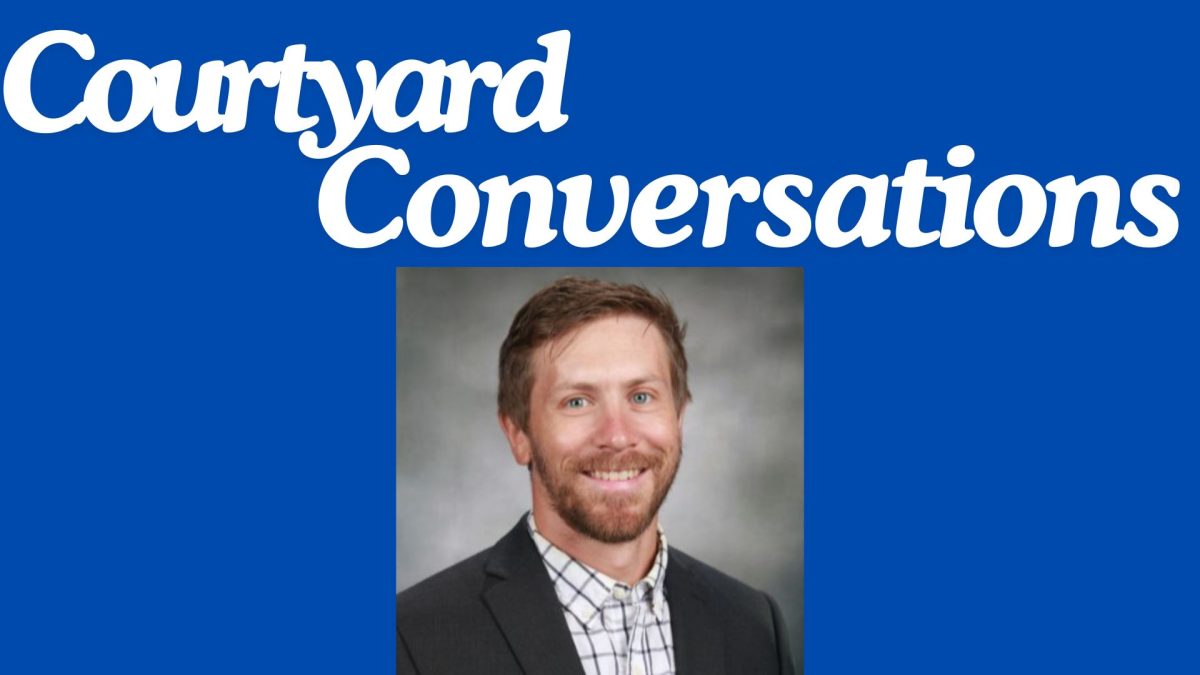

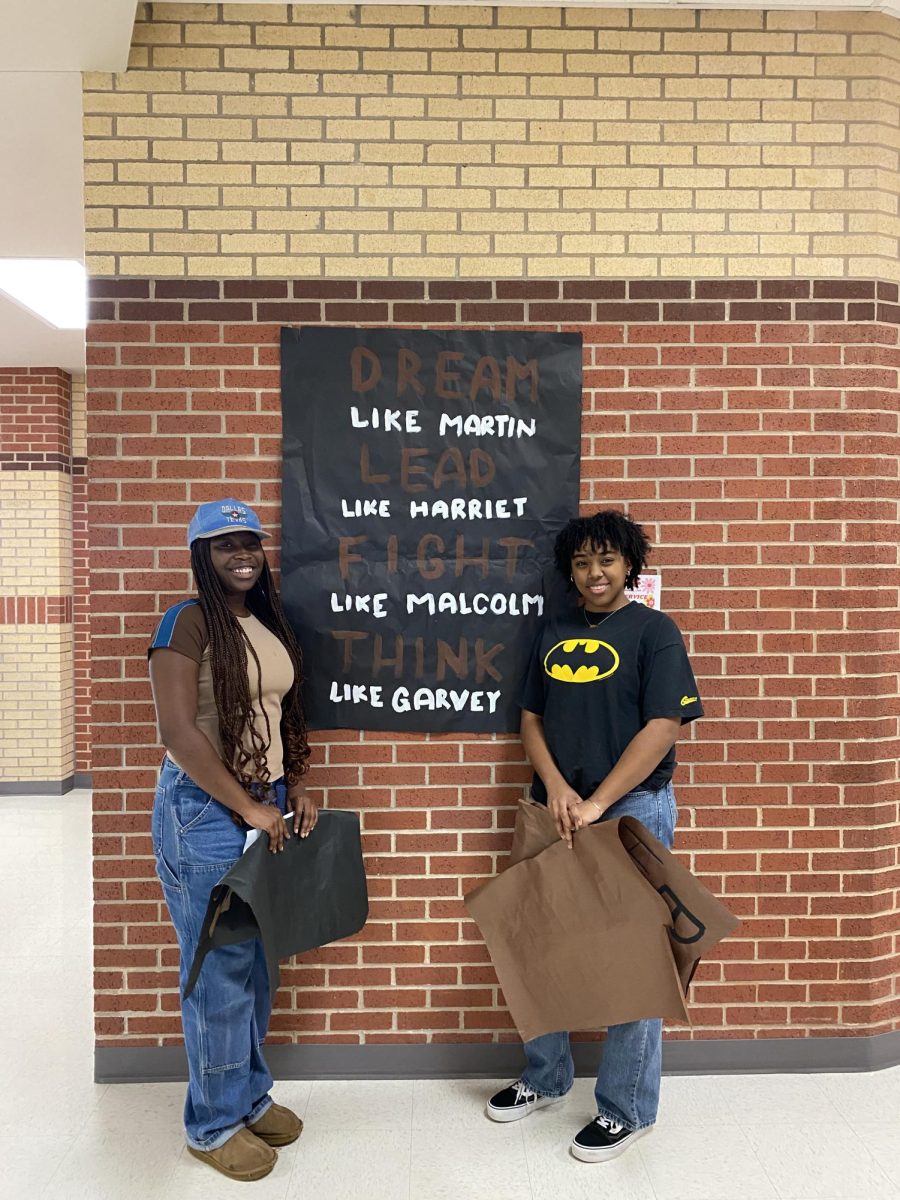

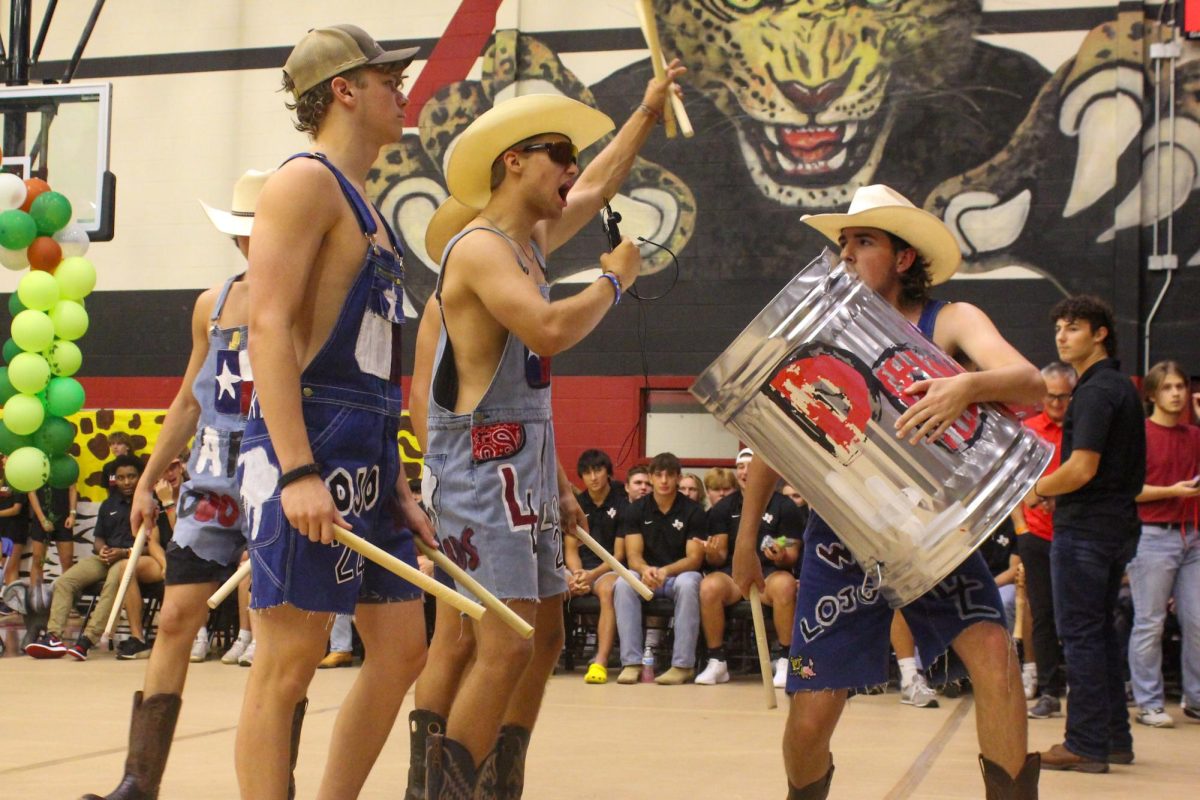







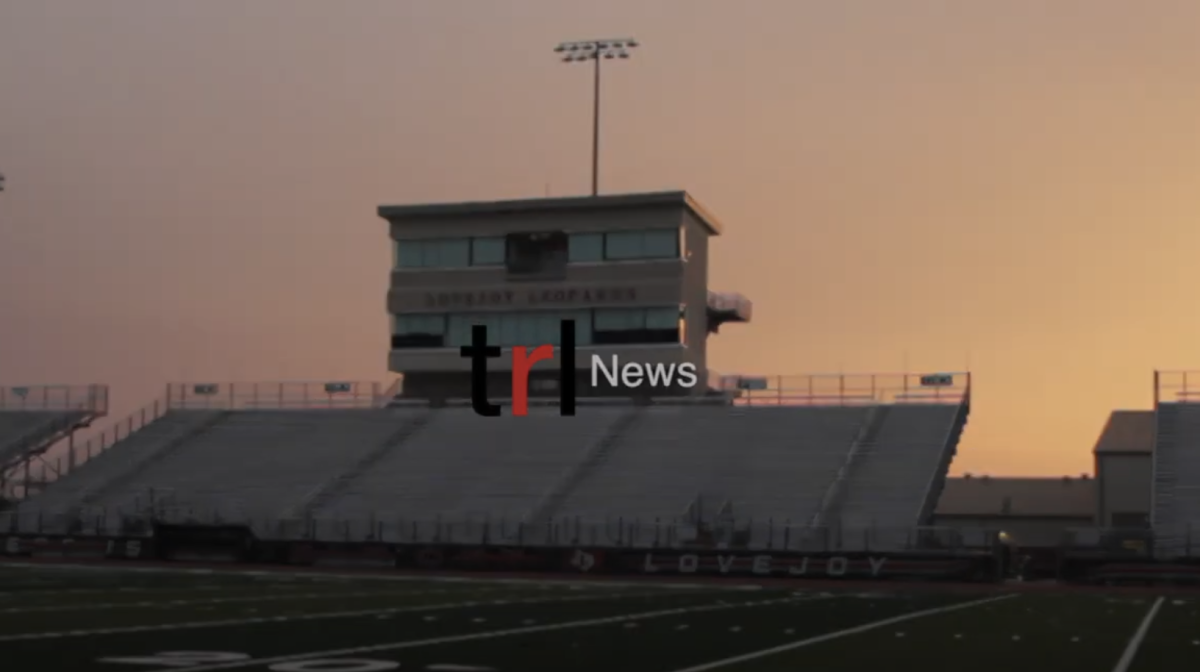


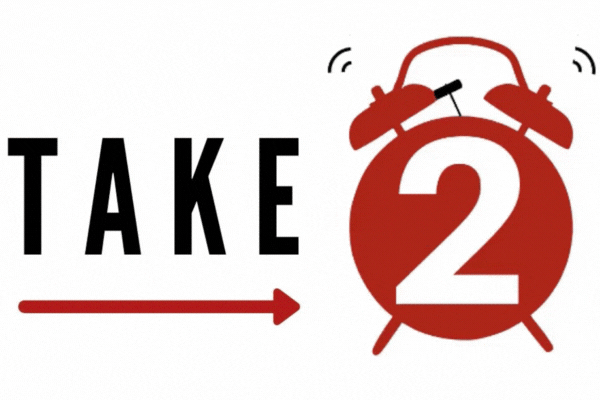


Austin • Feb 17, 2015 at 4:11 pm
It’s ridiculous that they’re banning books because they’re “too real” for their kids to handle. If you ask me, I’d say the parents want those books gone for some other reason. They’re just using the “inappropriate” content as an excuse to have them removed from the curriculum.